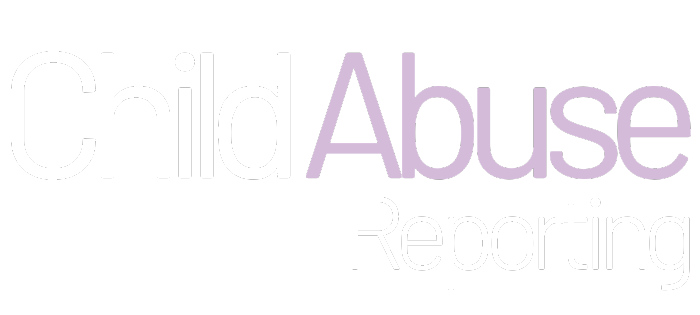Many adults assume that violence does not affect young children, that they are too young to know what’s going on, or that they are resilient. Actually, they usually see and hear more than we believe they do.
In fact, they may experience the loud noises and confusion that come with violence more intensely than adults do. But it’s often hard for them to say what’s bothering them, and for adults to take them seriously.
Exposure can affect the development of children and can have different effects, depending on the child’s stage of development. Children exposed to violence are more likely to exhibit subsequent problem behaviors including depression, substance abuse, aggression, and delinquency.
Recent research on children’s development shows that what happens very early in a child’s life, forms the core of a child’s capacity for learning, socialization, and success. Young children exposed to violence must master crucial developmental tasks, such as walking, talking, play, and emotional attachment – while in a persistent state of unrest.
Without help, children may have immediate problems such as trouble sleeping or unexplained physical symptoms such as headaches or stomach aches. They may be angry and aggressive or overly active. Other children may worry constantly and withdraw from friends or activities. They may become distressed by anything that reminds them of violent events, or they may become numb emotionally. As they get older, some of these children are at increased risk for juvenile delinquency, substance abuse, or learning problems.”
Deborah Johnson. Director of Community Services at the Children’s Institute, a Rochester-based child research organization, and Director of Rochester Safe Start, a National Demonstration Project in Rochester funded by the US Department of Justice. Democrat & Chronicle. May 1, 2002.
In summary, child abuse/neglect affects infants, children, and adolescents and ranges in degree from failure to provide for a child’s basic needs to overt physical injury with a permanent disability, to death. There are many long-term consequences of abuse/neglect including:
| Physical Health | Injury, disability, death |
| Mental Health | Increased risk of depression, post-traumatic stress disorder, substance abuse, eating disorders |
| Behavioral Problems | Increased risk of oppositional and aggressive behaviors, early onset of intercourse, early pregnancy, sexually transmitted infections, and continuation of a pattern of abuse/neglect of their own children |

